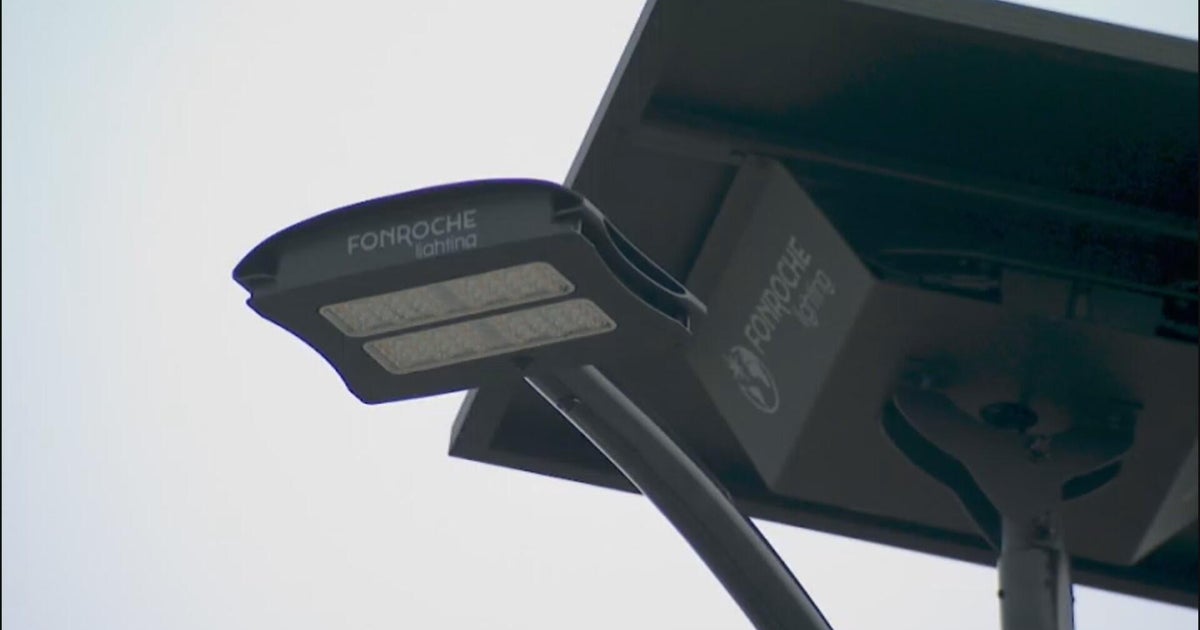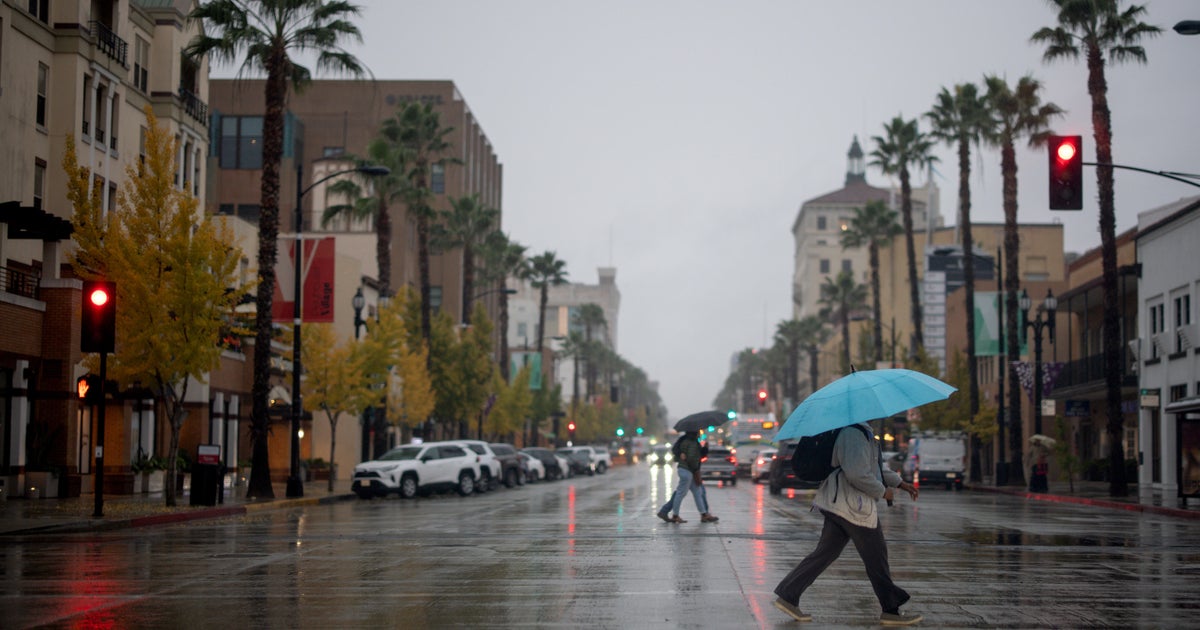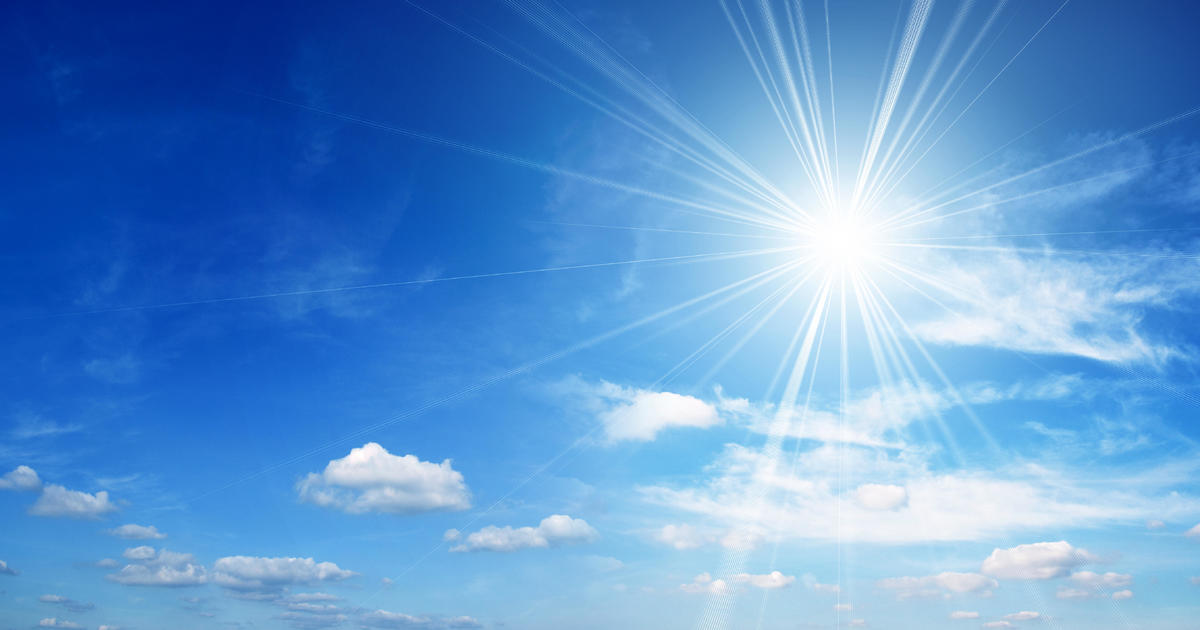One of Illinois' largest planetariums gears up for solar eclipse
CHICAGO (CBS) -- In less than a month, a solar eclipse will darken the skies over the Chicago area, and at Triton College in west suburban River Grove, scientists were busy Tuesday gearing up for the big event in a special way.
The college's Earth and Space Center has the second largest planetarium in Illinois, and officials started getting ready at the beginning of March, with shows already running not only on the eclipse and its impact, but how eclipses have been viewed historically.
On April 8, a total solar eclipse will cross North America. While most of Illinois will be outside of the path of totality, people who live in the Chicago area will be able to see 94% of the Sun eclipsed by the moon – 94% of the magic if you're talking to Triton College Earth and Space Center director Kris McCall.
"A solar eclipse is this magical event, where the moon passes between the Earth and the Sun," she said.
It's safe to say she's passionate about the eclipse; as both a scientist and cultural and historic eclipse expert.
"I'm just thinking about the magical quality of it; understanding what's happening in the universe," she said. "When the Sun is completely blocked by the moon, the atmosphere changes. The air is electric. The insects become silent. Birds go to roost. The light you experience is different. The temperature changes."
Inside the center, they're running a show in the planetarium on eclipses, history and cultural views, and the best way to view them.
McCall demonstrated the safest way to view the eclipse, with utensils you probably have in your kitchen right now, such as a colander or cheese grater to project the silhouette of an eclipse onto a flat surface, or even something as simple as a Ritz cracker.
"The pinholes in a Ritz cracker will project the eclipse onto your hand or onto the ground," she said.
Whatever you choose to use to view it, McCall said preparation is important, because the next total solar eclipse to cross the U.S. won't happen for more than 20 years – in 2045 – and much longer than that for the next total solar eclipse in Chicago.
"If you want to see a total solar eclipse, and you don't want to have to travel at all, mark your calendar now for Sept. 14, 2099. There will be a total solar eclipse visible from Chicago," she said.
This one is just 26 days away. A great spectacle, a phenomenon, this eclipse expert will be experiencing a total solar eclipse for the first time after more than 40 years in the field.
Is it going to be emotional to experience it?
"Yes, actually it will be," she said.
McCall said she hopes others will find a way to experience it, and appreciate it, too.
"It's an opportunity to be one with the universe, to share this experience with other people," she said.
Triton College is hosting events here throughout the day on the day of the eclipse on April 8. They also have a list on their website explaining ways to safely watch the eclipse.







